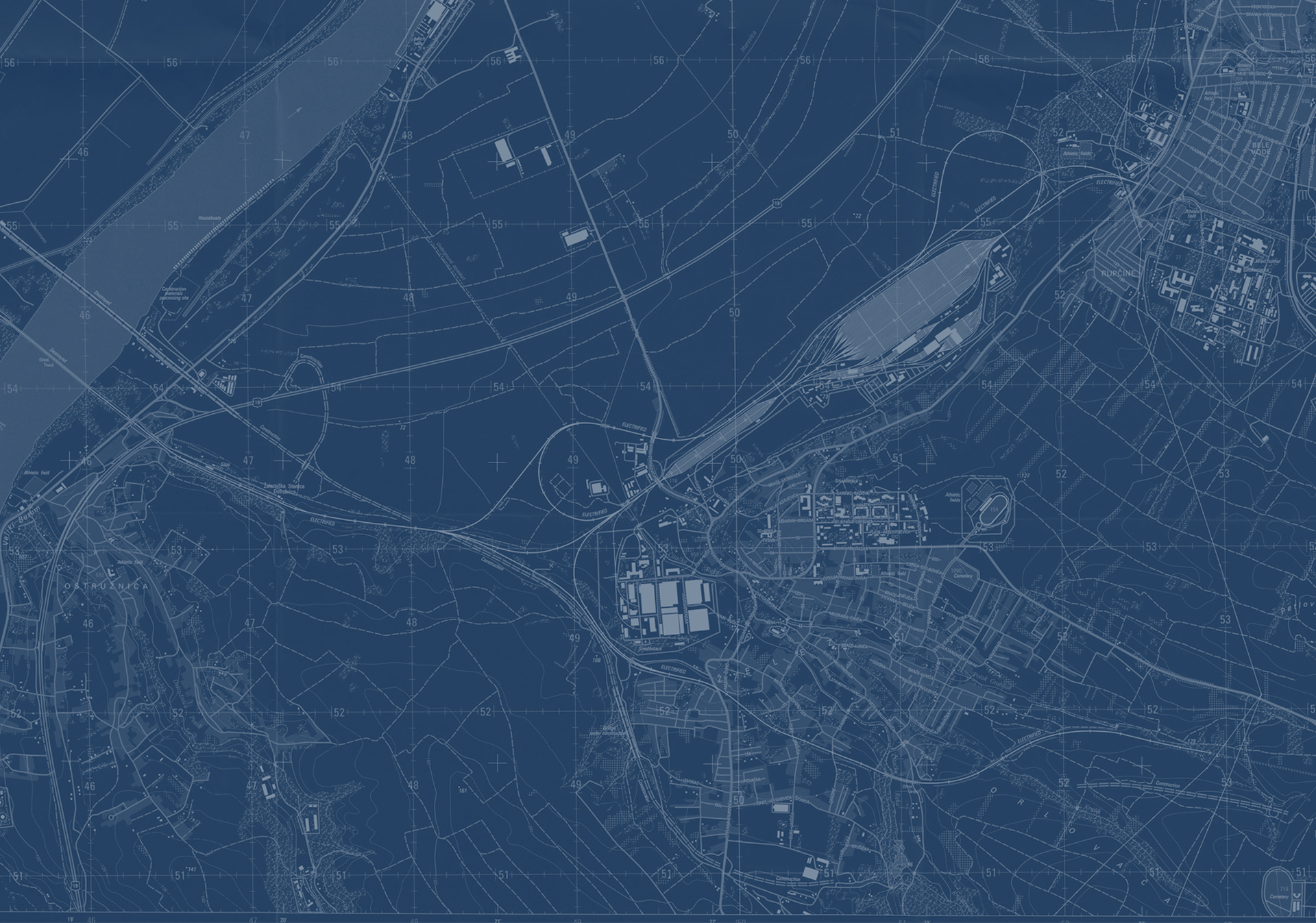Geography, as the main and most complex science that studies geospatial contents on the Earth’s surface has large possibilities and tasks in education and upbringing of the young, and of whole nations, about the necessity of preserving and enhancing the environment. Geography and geographers also use the results of their scientific disciplines and other sciences to explain the spatial aspects of environmental damage, to determine the territorial distribution of pollutants and energies and the way of their impact on other spatial contents relevant to life. The main task of geography in this domain is to express synthetically the causes and effects of harmful changes in the environment, to predict the spatial differences and their consequences, to forecast the distribution of consequences and to propose the programme of revitalisation measures for the degraded spaces.
Geography, according to its systemology, mostly deals with environmental issues. Its particular disciplines are involved in fundamental studies of environmental elements and complexes. Therefore the physical geography complex of sciences (geomorphology, hydrology, climatology, pedeography, biogeography) studies basic elements and factors of the environment – relief, waters, climate, soil and biodiversity. On the other hand, the social geography complex of scientific disciplines (population geography, geography of settlements, economic geography, tourism geography, political geography etc.) deals with social environment and distribution of anthropogenic formations in space, as well as causes and effects of such distribution.
Geography is therefore closest to the term of “environmental science”, because the largest part of the fundamental content of this science is covered by geography. Geography is not just an environmental science and it does not cover all environmental issues. Geography is a complex science involved with spatial distribution of natural and social objects, phenomena and processes. The environmental science does not posses only that basic (geographic) sense, it has to be considered in various aspects: technological, economic, socio-legal, educational, health and so on. The environmental science entails other elementary contents, phenomena and processes that occur in it: chemical (material), physical (energetic), biological (vital) etc.
The environmental degradation is a consequence of the conflict of the inherited biosphere which the man was born in and the technosphere which he created. That is a challenge for geographers, because there is a theoretical, optimal and logical system for the holistic (global) and particular (regional) study of all problems and relations in the environment. The specialist studies (physics, chemistry, medicine), although they deepen their methods due to the needs of environmental studies are basically sectoral and they cannot cover the whole complex of the environment, but only its individual elements and processes. Geography, due to its position among the sciences, has a special advantage in studying the environmental complexes. The scientific study of the environment is exactly the greatest opportunity and chance for the application of geography as a fundamental science in the term of its applicative expression – environmental science.
CHIEF OF DEPARTMENT
Ph.D. Miroljub Milinčić, full professor
Department for geospatial foundations of the environment
HEAD OF THE DEPARTMENT – Ph.D. Miroljub Milinčić, full professor
- Ph.D. Miško Milanović, full professor
- Ph.D. Aleksandar Valjarević, full professor
- Ph.D. Ivan Novković, associate professor
- Ph.D. Ivan Samardžić, assistant professor
- Ph.D. Ljiljana Mihajlović, assistant



